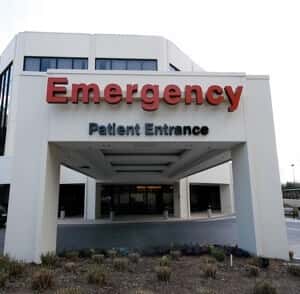
For drug companies, a shortage of a medication is a business problem. For many patients, however, a drug shortage can be a lethal hazard.
It is especially distressing when the drug in question is long off patent (nearly a hundred years old) and the condition would be easily controlled if the medicine were available. That is the dreadful situation this reader confronts.
Q. I was on a bladder cancer treatment program using BCG, a tuberculosis vaccine, to activate my immune system. But the supply of the BCG has dried up and I had to stop treatment.
Now my cancer has advanced and the doctor is discussing the possible spread of the cancer elsewhere and removal of my bladder. He mentioned another more expensive medicine, but he said my insurance might not pay for it.
A. French scientists Albert Calmette and Camille Guerin were doing bacteriological research at the turn of the 20th century when they came up with the anti-tuberculosis vaccine named after them: Bacillus Calmette-Guérin. Although it is not used much in the U.S. for its original purpose, BCG is an important immunotherapy for cancer, particularly bladder cancer.
It is outrageous that this old drug is now in short supply. Manufacturers had to shut down production due to quality control problems.
There have been many such shortages of critical medicines in recent years. No one, including the FDA, seems able to solve the problem. As a result of this BCG drug shortage, patients like you face life-threatening consequences.
If you have faced a serious health problem due to a drug shortage, share your story below.

